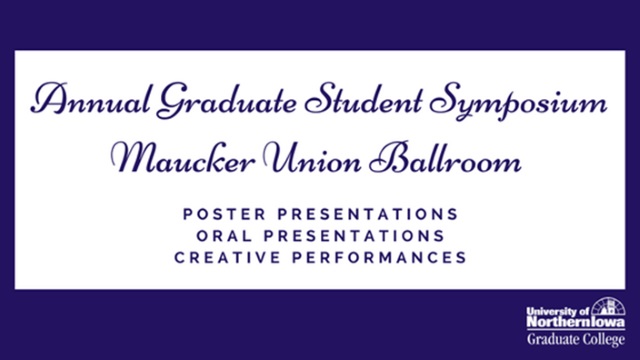
Complete Schedule
Presentation Type
Open Access Oral Presentation
Keywords
Service learning--Middle West;
Abstract
Many colleges and universities have re-embraced the public purpose of higher education. As such, identifying and measuring civic learning outcomes for students as well as evaluating the efficacy of civic engagement programs and teaching strategies are important (Steinberg, Hatcher & Bringle, 2011). The primary purpose of this study is to assess the civic-mindedness in students by comparing students that participate in Nonprofit Leadership Alliance (NLA) student association to non –NLA students at a comprehensive Midwestern university. The development of civic-mindedness in students was assessed using a survey designed around the Civic Minded Graduate (CMG) Scale. The CMG scale accentuates the following domains: (a) knowledge (volunteer opportunities, academic knowledge and technical skills, and contemporary social issues); (b) skills (listening, diversity, and consensus-building); (c) dispositions (valuing community engagement, self-efficacy, and social trustee of knowledge); and (d) behavioral intentions. The findings of this study highlight the extent to which students perceive themselves to have the capacity and desire to work with others in a democratic way to improve their community or to achieve public goods. In addition, this study provides information that will help academic institutions improve their educational opportunities that will enhance students' personal and professional development.
Start Date
3-4-2018 1:00 PM
End Date
3-4-2018 4:00 PM
Faculty Advisor
Julianne Gassman
Department
School of Kinesiology, Allied Health, and Human Services
Copyright
©2018 Stanley Ebede
File Format
application/pdf
Embargo Date
3-30-2018
Included in
Civic and Community Engagement Commons, Social and Philosophical Foundations of Education Commons
Civic Learning Outcomes: Measuring Students' Experiences in Higher Education
Many colleges and universities have re-embraced the public purpose of higher education. As such, identifying and measuring civic learning outcomes for students as well as evaluating the efficacy of civic engagement programs and teaching strategies are important (Steinberg, Hatcher & Bringle, 2011). The primary purpose of this study is to assess the civic-mindedness in students by comparing students that participate in Nonprofit Leadership Alliance (NLA) student association to non –NLA students at a comprehensive Midwestern university. The development of civic-mindedness in students was assessed using a survey designed around the Civic Minded Graduate (CMG) Scale. The CMG scale accentuates the following domains: (a) knowledge (volunteer opportunities, academic knowledge and technical skills, and contemporary social issues); (b) skills (listening, diversity, and consensus-building); (c) dispositions (valuing community engagement, self-efficacy, and social trustee of knowledge); and (d) behavioral intentions. The findings of this study highlight the extent to which students perceive themselves to have the capacity and desire to work with others in a democratic way to improve their community or to achieve public goods. In addition, this study provides information that will help academic institutions improve their educational opportunities that will enhance students' personal and professional development.


